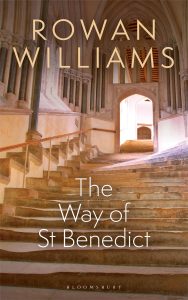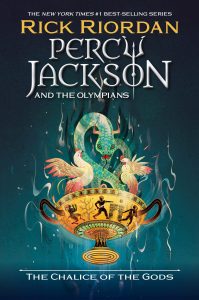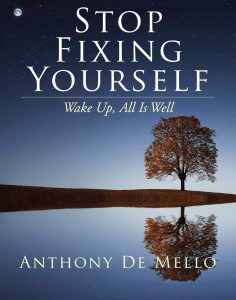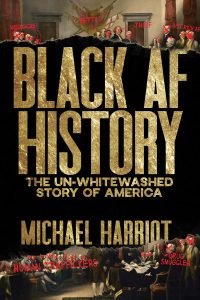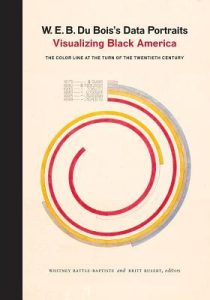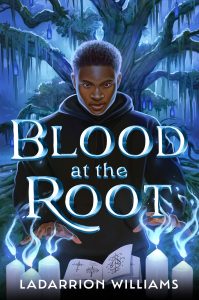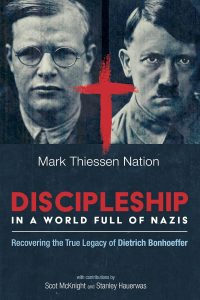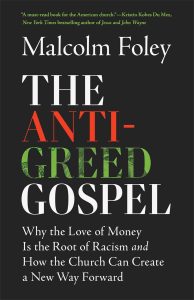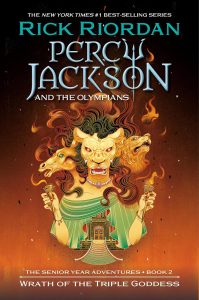 Summary: Percy Jackson and gang’s latest project is pet sitting.
Summary: Percy Jackson and gang’s latest project is pet sitting.
Wrath of the Tripple Goddess is the second of a subtrilogy within the larger Percy Jackson series. This subtrilogy is set during Percy Jackson’s senior year of high school and the background is that he has to get three letters of recommendation from gods to get into the demigod college, New Rome University, where Percy and Annabeth want to go to college. Percy Jackson was able to get his first letter of recommendation, and this is about getting his second. Because gods only give boons as a result of some quest or challege done for them by a human or demigod, Percy, Annabeth and Grover have to accomplish something for a god. In the last book, they found a stolen challice. In the Wrath of the Triple Goddess, they have to pet sit for some magical creatures at the home of one of the gods.
Thematically, this is a halloween book, so it is a bit spookier than some, although it isn’t very spooky. Generally, I think this subtrilogy has walked a good balance of writing about Percy when he is 5-6 years older than the intiial series, but keeping it oriented toward younger readers so that its content is not too old, but it engages readers who are now older than they were when the initial series came out.
